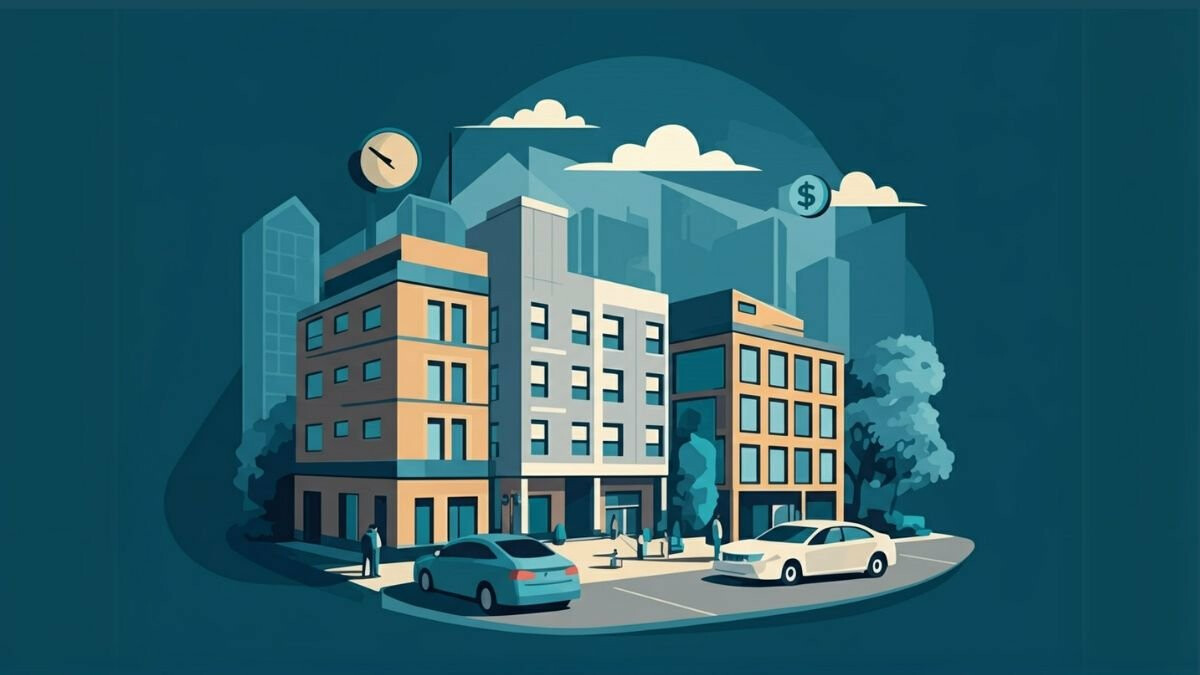15 Dec 2020 | Industry Insights
Creating a Digital Twin for virtual policy testing

A research institution in the city of Daejeon, South Korea, is to create a digital twin of the city that aims to act as an environment for carrying out virtual testing on administrative policies without the risk of harming the city’s actual infrastructure.
Digital twins are used by researchers as testing grounds for a range of activities to see what results they produce without causing irreversible damage in real life. One of the advantages is that if the clone is damaged beyond repair then a new one can be created without incurring massive costs.
The Electronics and Telecommunications Research Institute (ETRI) revealed in a statement that they had signed a memorandum with the city of Daejeon to create the digital twin, giving city officials the ability to test new road infrastructure, predict results and apply new policies that cover health, education and social welfare.
Plans do not stop there; it is the intention to eventually turn Daejeon into a smart business city. Mayor of Daejeon, Heo Tae-Jeong said: “We will solve city problems and upgrade civil services using the latest technologies such as artificial intelligence, information communication technology and digital twin.”
Digital twin technology has already been adopted by some major companies in South Korea such as SK Telecom, one of the top mobile carriers. They entered a partnership with Korea Hydro & Nuclear Power, a state nuclear power plant operator, to create virtual clones of nuclear power plants. The reasoning behind the exercise was to collect data to be used in increasing the energy efficiency and durability of the power plants.
Hyundai also developed a digital twin for vehicle development, allowing them to modify and test out new designs as well as other mechanical features.
Related insights

Industry Insights
The Intelligent Hotel: Navigating Costs with Digital Twins
The hotel industry, a sector once synonymous with bustling lobbies and seamless service, has weathered numerous challenges over the past decade. From pandemic-induced shutdowns to the relentless squeeze of rising costs and staffing headaches, hotel survival has become a masterclass in adaptation. Room demand reached an all-time high in 2024, according to STR research. As travellers return in mass, expectations have shifted, demanding a level of personalised experience that feels both effortless and intuitive. How do hotels meet the challenge? Enter the digital twin—a virtual representation reflecting the hotel's every heartbeat.
Read more

Case Studies
Preserving the Past, Powering the Future: Twinview's Role at Archives New Zealand
The newly constructed Archives New Zealand facility in the heart of Wellington represents a strategic investment in the long-term stewardship of the nation's invaluable historical records. Designed to provide a secure and stable environment for the preservation of national archival collections, safeguarding heritage isn’t just about secure storage; it requires a smart, resilient, and efficient environment supported by cutting-edge facilities management. To meet this challenge, Archives New Zealand partnered with Twinview and WT New Zealand to embed intelligence into the building's fabric. The result? A future-ready, high-performance facility where smart data meets operational excellence.
Read more

Industry Insights
Understanding Renters' Rights: How Digital Twins Improve Compliance and Property Management
The recent introduction of the Renters' Rights Bill in the UK aims to improve the relationship between tenants and landlords. As part of a broader effort to ensure fairer and more transparent living conditions, this bill ensures that rental properties meet specific standards, including affordability, maintenance, and habitability. Landlords and property managers now face new challenges in complying with evolving regulations. We explore how Digital Twins could support with these new compliance requirements.
Read more

